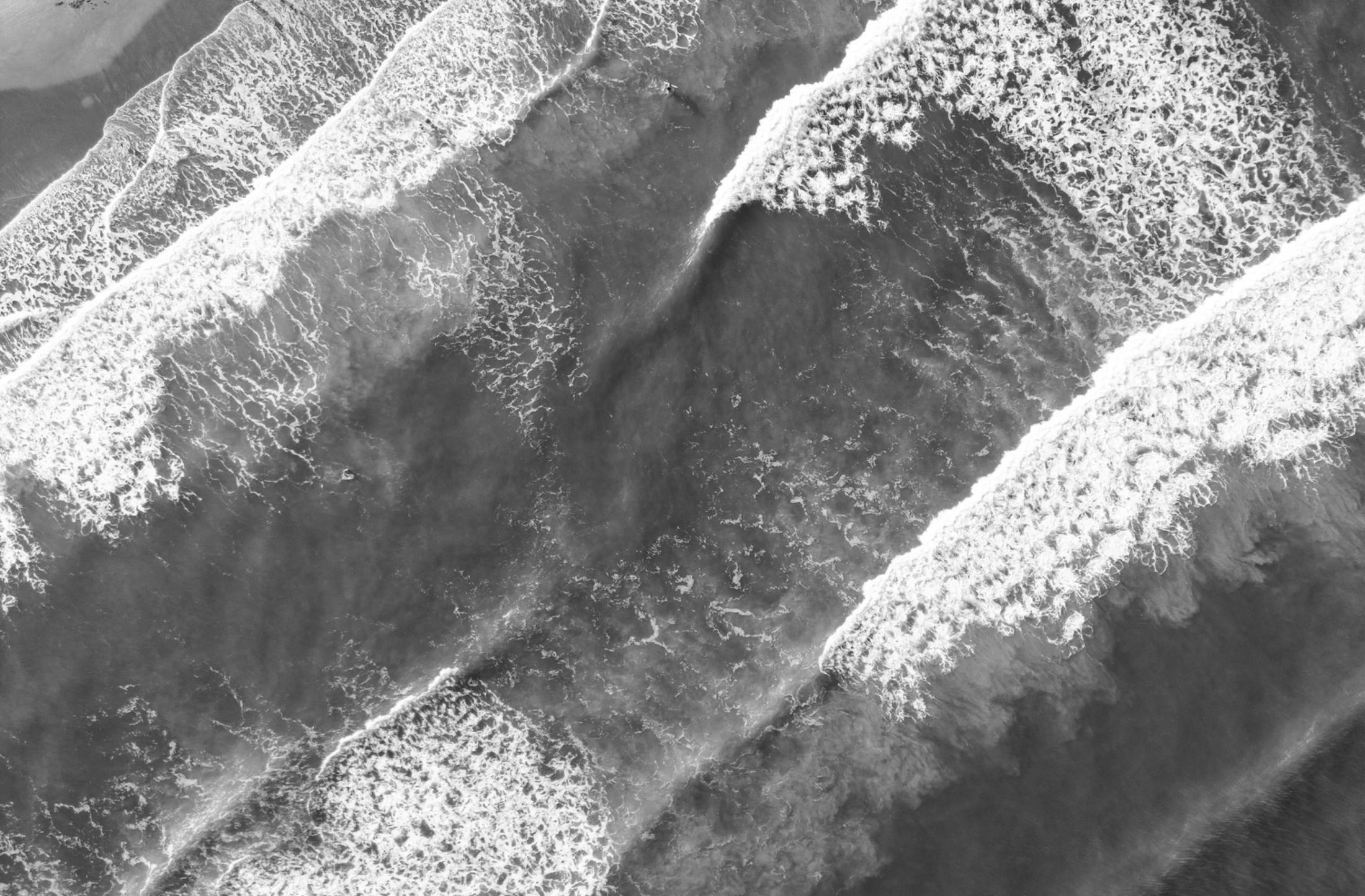Deviated Septum
When the bone and cartilage dividing your nasal cavity is off-center or crooked, the condition is referred to as a deviated septum. If the deviation is serious enough, it can cause breathing difficulties and chronic sinus conditions that require treatment. Causes Most often, a deviated septum is a condition that occurs during birth or fetal development. In other cases, trauma or injury to the nose causes the displacement.
Inferior Turbinate Reduction
The nose contains three pairs of turbinates (inferior, middle, and superior), elongated structures that are responsible for humidifying the air that moves through your nose while filtering dust and dirt. The lowest pair, the inferior turbinate, can cause obstruction of air when swollen, leading to breathing difficulties. Some patients benefit from a surgical procedure to reduce the size of the inferior turbinate.
Nasal Fracture
Causes Commonly referred to as a broken nose, a nasal fracture is a break or crack in the bone in your nose. Contact with a fixed object, such as a door or wall can cause a break. Contact sports (like hockey and football) and motor vehicle accidents are common causes of a broken nose. Symptoms Pain when touched, swelling of the nose, and bleeding from the nose are common symptoms of a nasal fracture.
Nasal Polyps
Nasal polyps are benign growths that occur on the mucosal lining of the nasal passages. They are typically small and though noncancerous can still cause obstructions of the sinuses, leading to congestion, breathing problems and sinus infections. Signs & Symptoms of Nasal Polyps Some nasal polyps are tiny and cause few problems.

Hyperplastic Turbinates
The human body contains three pairs of turbinates – long, curled nasal bones that warm and humidify inhaled air and regulate breathing through the nasal passages. The turbinates are classified as inferior, middle, and superior and all are divided by the septum. When they become swollen and enlarged, they can interfere with breathing. Treating Swollen Turbinates The turbinates are crucial in allowing us to breathe properly.
Nasal Congestion/Stuffy Nose
A congested, stuffy nose is a nuisance that can affect your ability to smell, taste and breathe. It is one of the most common complaints, especially when it persists or is accompanied by nasal discharge. Causes of Nasal Congestion Congestion occurs when nasal tissues and blood vessels become swollen and inflamed. It has little to do with excess mucus, as many people believe. This swelling causes obstructed breathing.
Loss Of Smell
Loss of smell, known medically as anosmia, is an inability to perceive odors. It can be partial or complete and, while rarely the symptom of a serious condition, can still cause misery for those suffering from its effects. It is usually temporary, the result of a cold or upper respiratory infection, but in some cases – especially those involving the elderly – the loss of smell may be permanent and a sign of a serious condition.

Nasal Obstruction
Nasal obstructions are blockages of the nasal cavity that impede airflow in and out of the nose. Either one or both nostrils may be affected. Most nasal obstructions are temporary, caused by colds, allergies, sinus infections, or medications, while others require medical intervention. Types of Nasal Obstruction There are several different types of nasal obstruction. These include: Deviated nasal septum.
Nose Bleeds
Though common and sometimes frightening, nosebleeds are rarely anything more than a nuisance. They are usually the result of minor irritations in the nasal passages, and most common in children younger than 10, or adults older than 50. Causes When the membranes lining the inside of the nose dry out and become irritated, the blood vessels break, causing a nosebleed.

